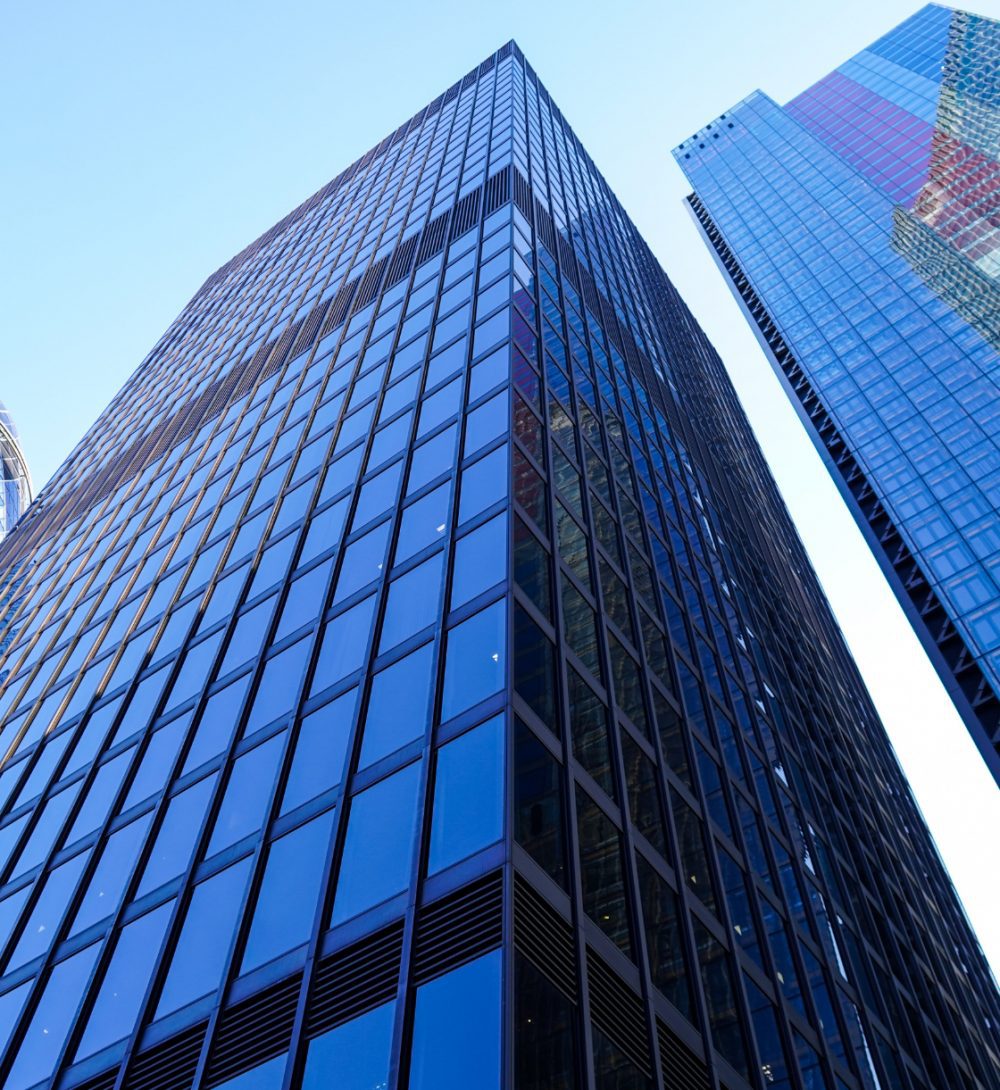We use cookies to help you navigate efficiently and perform certain functions. You will find detailed information about all cookies under each consent category below.
The cookies that are categorized as "Necessary" are stored on your browser as they are essential for enabling the basic functionalities of the site. ...
Necessary cookies are required to enable the basic features of this site, such as providing secure log-in or adjusting your consent preferences. These cookies do not store any personally identifiable data.
Functional cookies help perform certain functionalities like sharing the content of the website on social media platforms, collecting feedback, and other third-party features.
Analytical cookies are used to understand how visitors interact with the website. These cookies help provide information on metrics such as the number of visitors, bounce rate, traffic source, etc.
Performance cookies are used to understand and analyze the key performance indexes of the website which helps in delivering a better user experience for the visitors.
Advertisement cookies are used to provide visitors with customized advertisements based on the pages you visited previously and to analyze the effectiveness of the ad campaigns.
Other cookies are those that are being identified and have not been classified into any category as yet.


At the start of January 2020, the FCA fired a warning shot at the Insurance sector for what it saw as continued ‘bad behaviour’ resulting from poor corporate culture. The regulator’s Executive Director of Supervision has written to CEOs in the sector and said, “Poor culture in financial services can lead directly to harm to consumers, market participants, employees and the market”. This backs up recent announcements from the PRA too and the results of a survey in September 2019 found that over 500 workers at Lloyd’s of London insurance market had suffered from or witnessed sexual and other forms of harassment. The FCA went on to add that the failure to address these cultural issues, “was a root cause of recent major conduct failings within the industry”.
All of this points to a need for the Insurance sector to address this and address it soon. The FCA and the PRA are adamant that failure to do so may lead to fines or bans from the industry.

As we see it the challenge is ensuring that action to address these issues must be more than just a superficial exercise; not a band-aid but a lasting and sustainable fix. In the decade since the financial crisis the F.S. sector in general, despite ‘culture programmes’ and ‘values training’, have paid a staggering $321 billion to regulators for bad behaviour and misconduct. Whilst there has, no doubt, been investment in new value statements and policies, they have not changed the prevalent cultures at the fundamental level. They have not had a sufficient impact on how people act and behave. They have, in effect, not shifted the underlying culture in a way that drives lasting change.

Now is the time to address it. At Q5 we believe that changing the culture means taking the organisation on an immersive ‘Culture Change Journey’; involving employees in understanding the implications of their actions, taking accountability for those actions, and not accepting that ‘how things were’, needs to be ‘how things should be’. It also means addressing the role of the leadership in driving real change, backed up with meaningful actions until the organisation operates in ways appropriate for their role in society. It means changing processes and practices, and shifting mindsets; one where the ‘right’ ways of working are foremost in what people do and how they do it.
